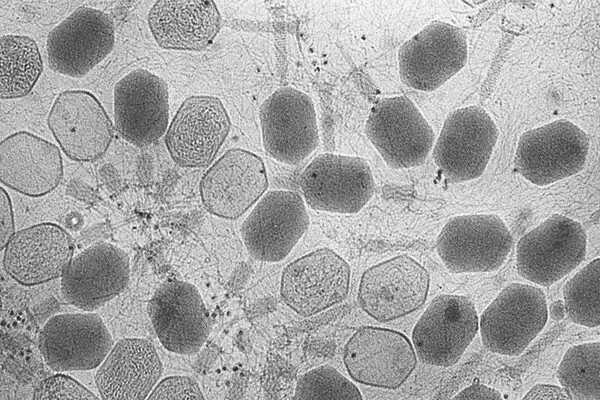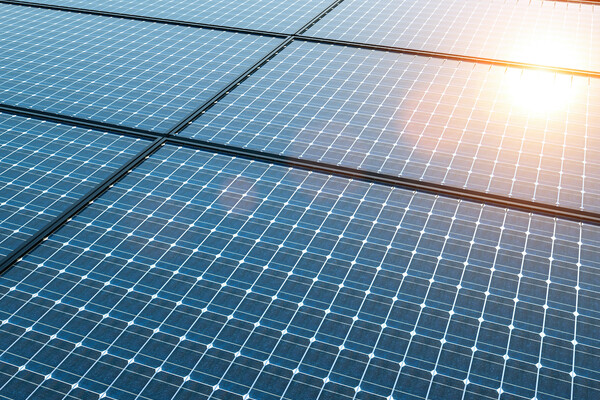
Articles from Luis Melecio-Zambrano

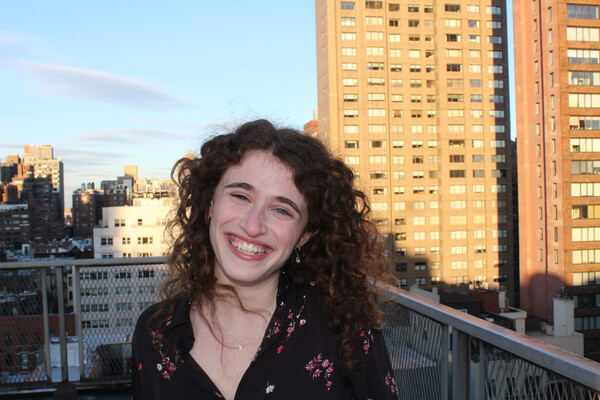
Combating urban heat
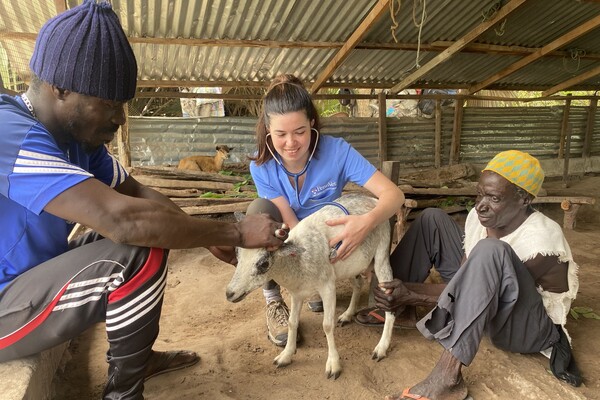
Abby Seeley (center) of Penn Vet does a health check up on a goat with the assistance of Sulay Camara (left) and Sainey Badjie (right). (Image: Courtesy of Brianna Parsons)
The Gambia Goat Dairy builds sustainability through community
In June, Bethany Wiggin of the School of Arts & Sciences joined with 10 Philadelphia high school teachers to incorporate climate into their curricula. (Image: Courtesy of Mia D’Avanza and Bethany Wiggin)
Partnering with Philadelphia teachers to inspire climate action
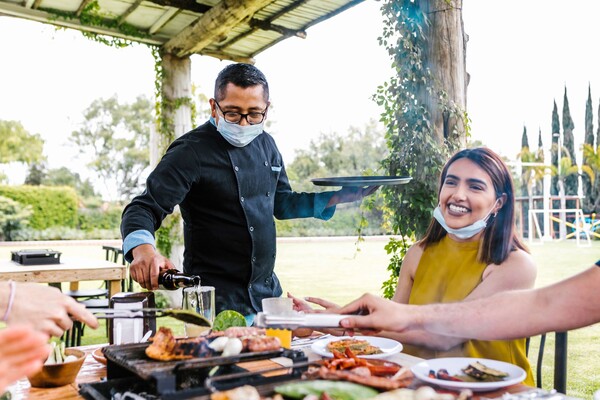
Hosting safe summer gatherings is possible with the right precautions. Penn's Melanie Kornides and John Wherry give advice as to how.
How to navigate another summer of COVID-19
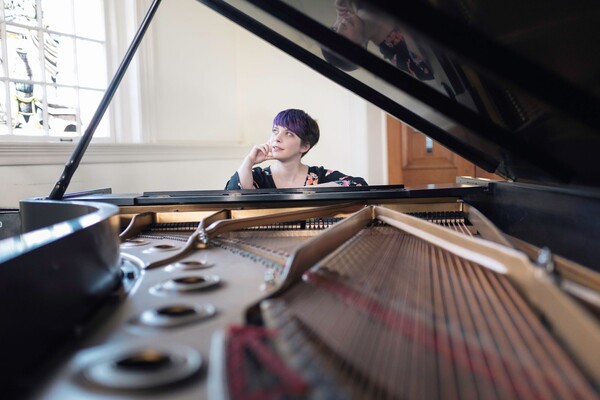
Beth Burton, a graduate student at the Perelman School of Medicine, has degrees in both music and science. Even as a full-time researcher, she still finds time to play piano. Image: Courtesy of Beth Burton.
Identities in harmony: How Beth Burton integrates the personal with the professional
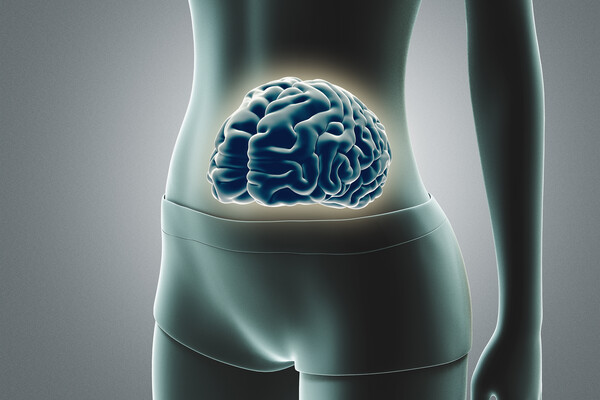
Helping the brain to heal the gut
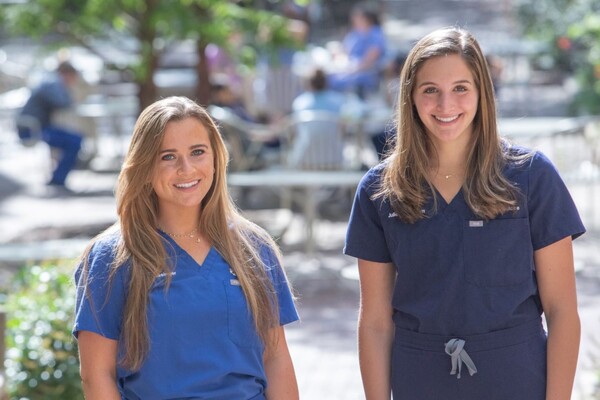
Kylie Schlesinger (left) and Julie Berenblum (right) founded the Penntorship program to connect mentors from the Penn Dental school to students from West Philadelphia High School. (Image: Courtesy of Kylie Schlesinger and Julie Berenblum)
Penn Dental’s Penntorship connects with the West Philadelphia community
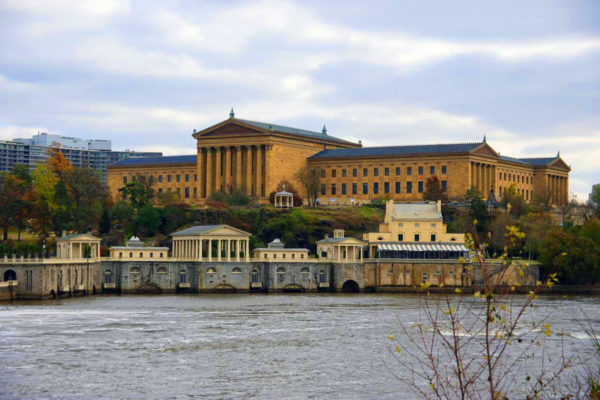
A view of the Philadelphia Museum of Art from the Schuylkill River. A recent review shows the many ways that art museums benefit human flourishing.
Art museums plant seeds of human flourishing
